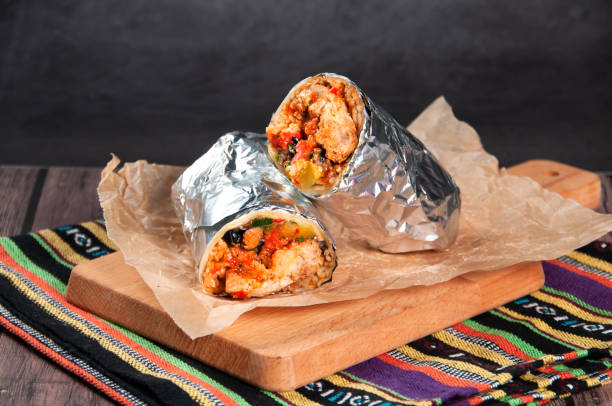The United Kingdom introduced a tax on sugary drinks last month. The tax is set to take effect in 2018, and the money raised will be used to combat childhood obesity.
The decision has been praised by international public health groups. The food industry opposed the tax.
In our new research that was published today in PLOS ONE, we modeled for the first-time the impact of a similar tax in Australia. A 20% increase in the price for soft drinks and flavoured minerals waters over 25 years would save 1,600 people’s lives. This would also prevent 4400 heart attacks and 1100 strokes.
The savings for the health care system will total A$ 609 million.
The price of sugary beverages should be increased in Australia, following the UK.
What’s the problem with sugary drinks?
These products have a negative impact on health, especially oral health. Sugary drinks also increase energy intake, which leads to weight gain, obesity, and increased sugar consumption.
Sugary drinks are especially popular with adolescents. Herman Yun/Flickr CC BY-ND
Obesity can be a major risk factor in type 2 diabetes and heart disease, as well as some cancers.
Soft drinks are popular with children and teenagers. From a population health perspective, there are many benefits to limiting soft drink consumption.
Many countries are already aware of the potential for improving population health through taxing sugary beverages. Hungary, Mexico, and Chile all introduced a sugar tax in recent years. The UK announcement comes after a similar one made by South Africa in 2016.
Impact on Australia
Our PLOS ONE study examined the impact of a 20 percent increase in the price of carbonated soft drinks with sugar and mineral water flavoured with fruit flavors on health, healthcare expenditures, and revenue potential.
The tax will, as expected, cause people to reduce their sugary drink consumption. A price increase will have the biggest impact on people who consume a lot of sugary drinks. This is a significant result, which is hard to achieve with other obesity prevention measures.
Reduced consumption will result in a small decrease in obesity prevalence, of approximately 0.7% for men and 0.3% for women.
A tax would have the most impact on younger age groups. Andreas Braendhaugen/Flickr, CC BY-NC
The tax has a significant impact when the health benefits are modeled for the entire population and their life span. According to the research, it is estimated that this tax would reduce type 2 diabetes by 800 cases per year.
In 25 years, 4,400 cases of stroke and 1,100 fewer cases of heart disease would have been reduced. The tax would have saved the lives of 1,600 people. The savings for the health care system totaled A$ 609 million.
The tax revenue would exceed A$400m per year, even if consumption declined. The Government would have a large pool of money to support programs to prevent childhood obesity, subsidize healthy foods for Australians on low incomes, and promote healthy eating.
The revenue and health benefits could be even greater if other beverages that contain added sugar but were not included in the study (such as energy drinks, fruit juices, milk-based beverages, and cordials) were taxed.
Sugary drink consumption is high in Australia.
The World Health Organisation has recently published revised guidelines on sugars. They recommend that the energy added by “free sugar” should not exceed 10% of total power.
Recent analyses of the added sugar in Australia’s population revealed that the majority of adults and children exceeded the WHO recommendations, with sugary beverages accounting for the highest proportion.
Australians spent A$2.2 billion on sugary drinks just by looking at the retail sales of supermarkets. It does not include the amount of sugary drinks purchased from fast food outlets, cinemas, and vending machines.
Most Australians consume more sugar than recommended. Daniel Oines/Flickr, CC BY
Sugary drinks are consumed in high quantities by many remote Indigenous communities. Evidence presented to Senate Estimates showed that remote Indigenous communities bought 1.1 million liters of sugary soft drinks through community stores in the past financial year. Nigel Scullion, Indigenous Affairs Minister, responded to this by saying:
Sugar is killing people in very remote and remote communities.
Public support for the campaign
The Australian Beverages Council represents the sugary drink industry. Has been widely criticized for a tax on sweet drinks.
The majority of Australians are in favor of such a tax. In a poll conducted in 2012, two-thirds of respondents (65%) were in favor of a soft drink tax if it was used to lower the price of healthy foods.
The strong public support and the additional revenue from taxation, as well as the health benefits, could make this a very attractive option for the Australian Government.
A tax on sugary beverages is a key element in a comprehensive strategy to combat obesity and poor diets.




